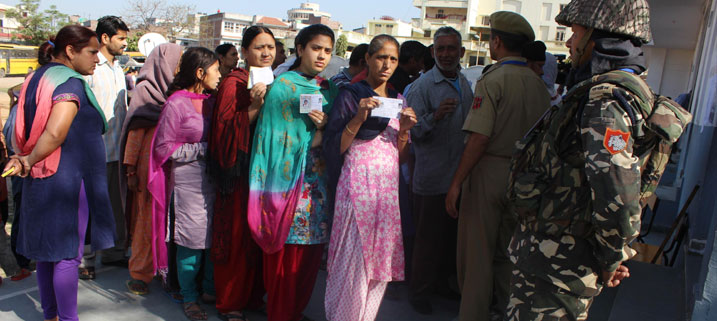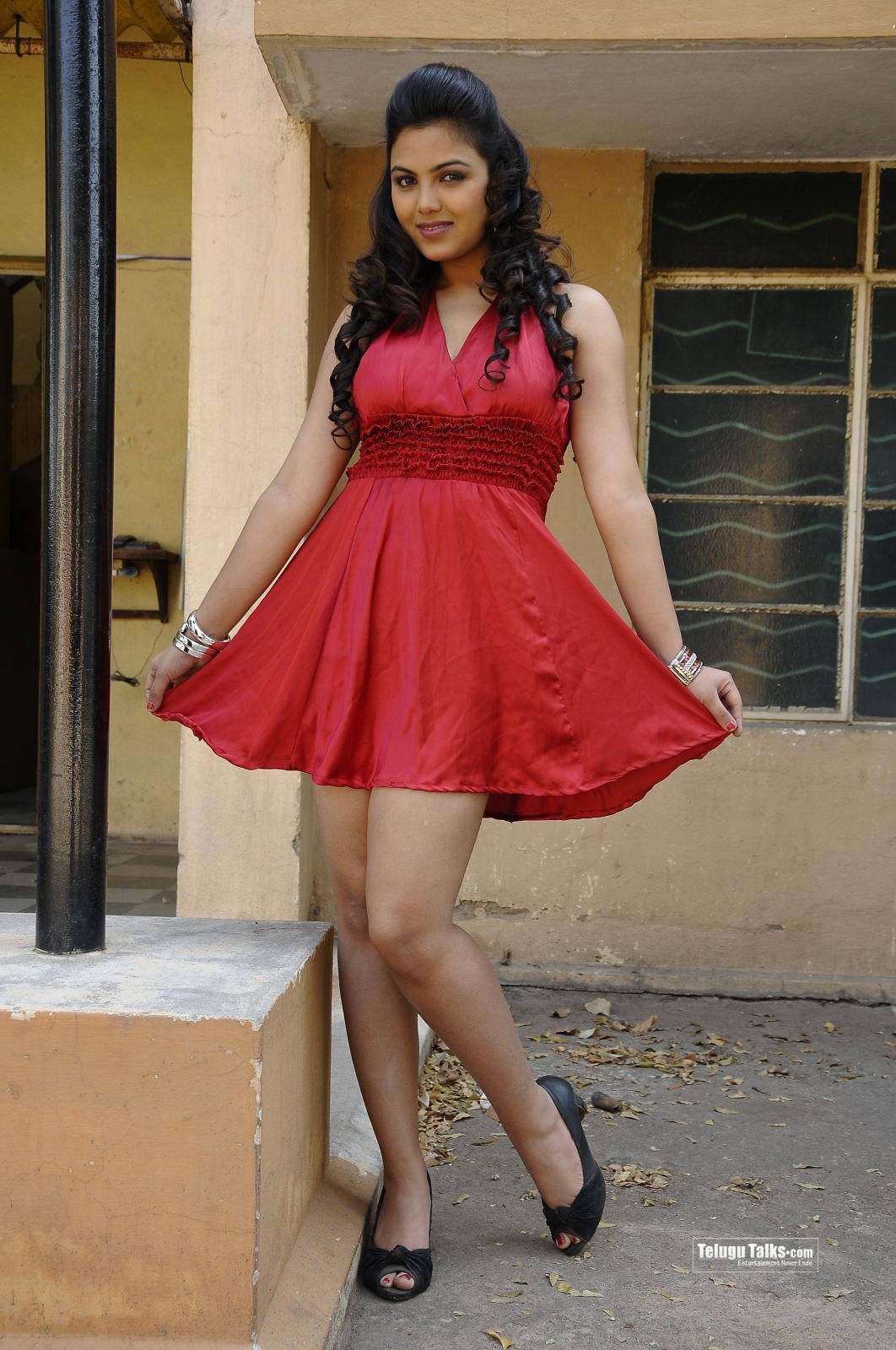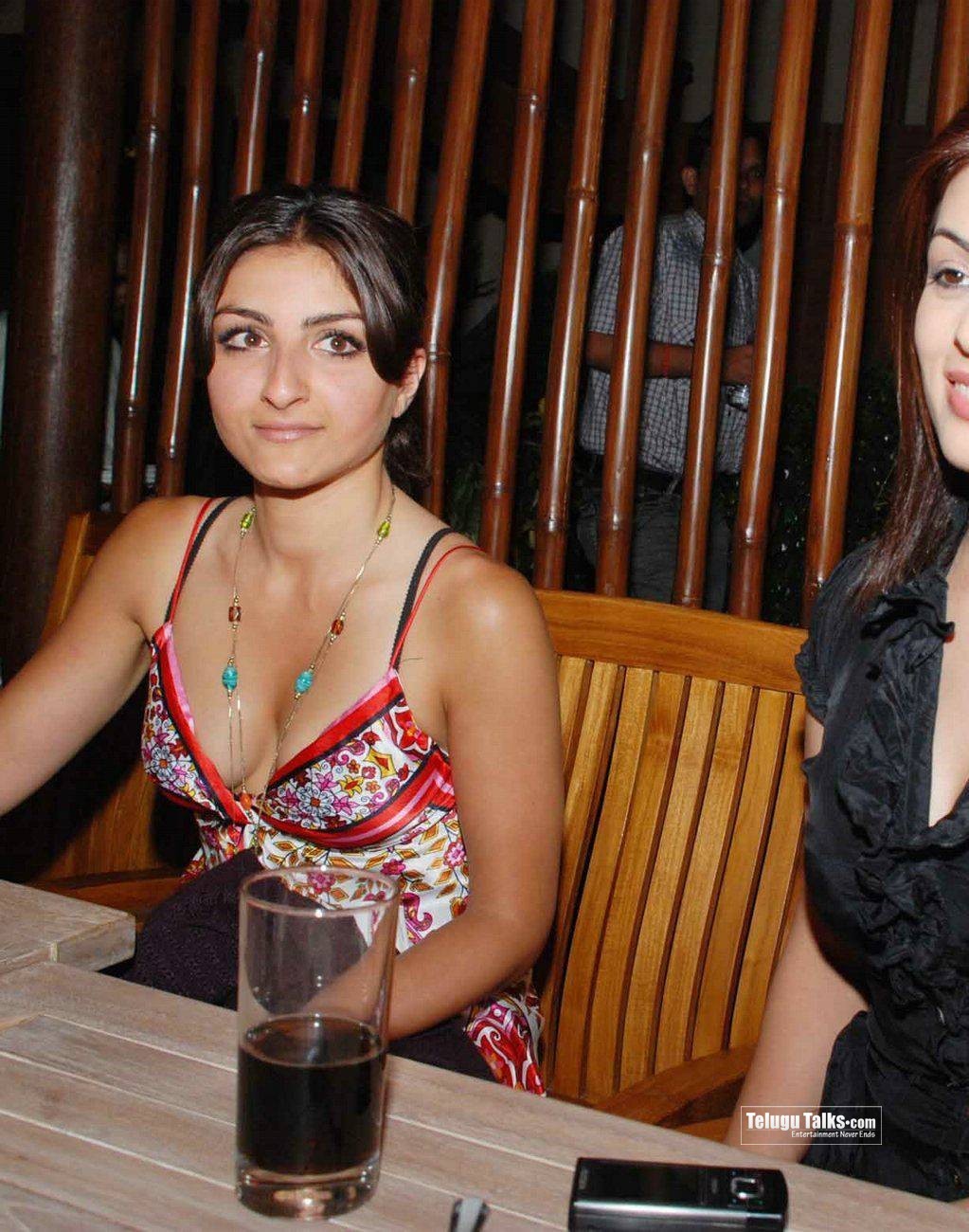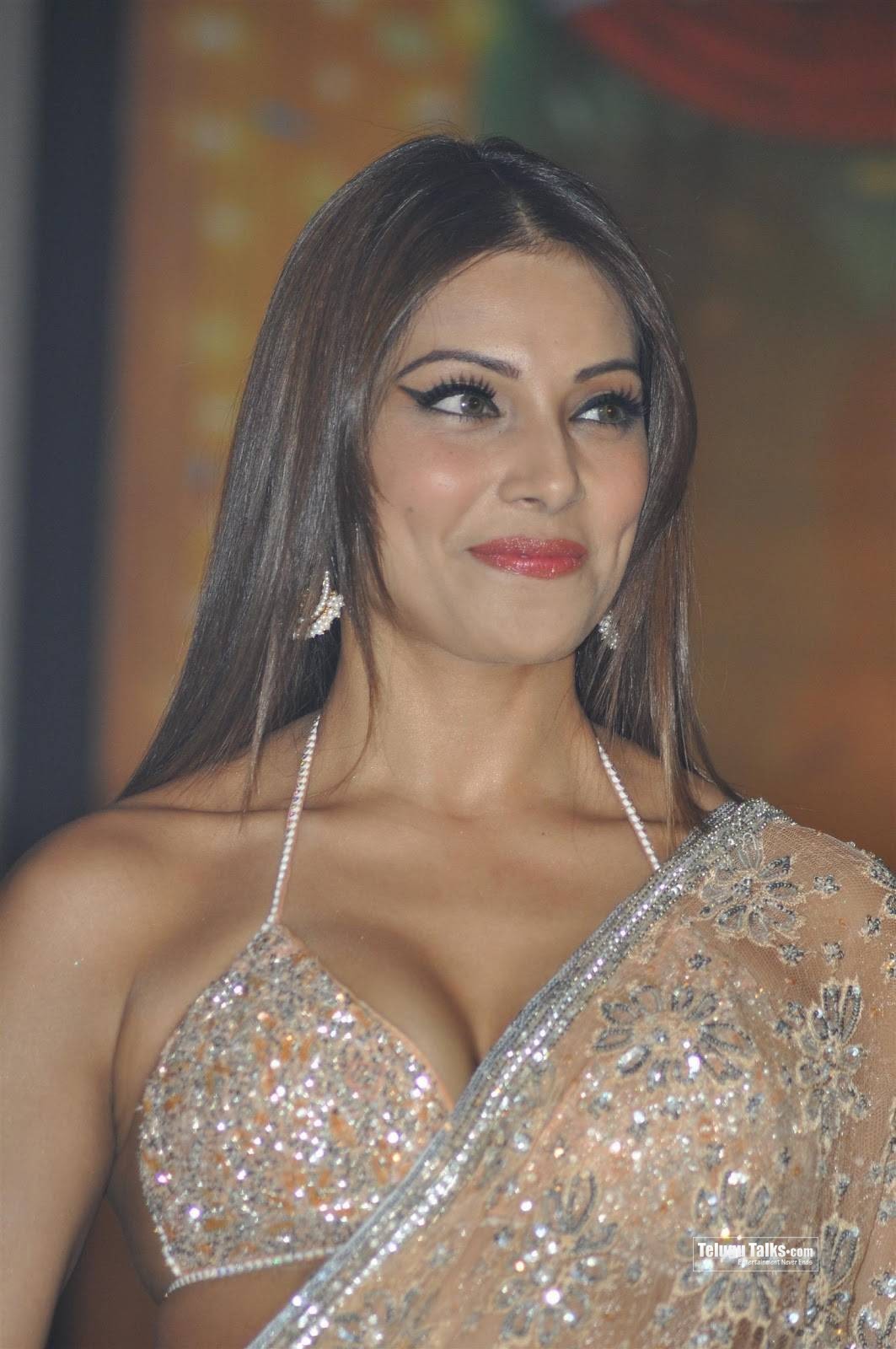
In JK, security forces are on high alert in major districts like Pulwama, Baramulla and Budgam following the terrorist attacks last week that killed 22 people, including 11 security men.
All eyes will be on Uri and Tral constituencies, which were affected by militant violence. The first two phases of elections in the state saw a record turnout of over 70%, with voters ignoring calls to boycott the separatists and militant groups.
The fate of the leaders, including Chief Minister Omar Abdullah, will be decided at this stage of the vote.
The focus is on the newly elected leader constituency National Conference (NC), Beerwah, which is contested against (PDP) sitting opposition lawmaker, Muhammad Shafi Wani PDP.
Shia votes, consolidated by the CN in power for a period of time, are the key to victory in the constituency.
Three of his cabinet colleagues of Abdullah - the NC Abdul Rahim Rather, Congress' Taj Mohiuddin and Democratic Nationalist Party Ghulam Hassan Mir - face an anti-incumbency of Charar-e-Sharief, Uri and Tangmarg constituencies test.
Encouraged by his impressive successes in recent polls, the Bharatiya Janata Party (BJP) is also trying to expand its presence in the militancy been torn and hopes to win over independents and smaller groups to improvise a government.
However, the party can not succeed due to the absence of a prominent face.
For the PDP, the challenge is to retain four seats in their stronghold, Pulwama, which has sent a new competitor, former banker Haseeb Drabu.
Analysts have said the NC facing a difficult time due to an anti-incumbency wave, especially after the September floods.
The focus will also be on Sopore, hometown of President Ali Hurriyat hardliner Syed Geelani, by survey percentage. Only 19% of the voting in the 2008 election.
In Jharkhand, too, the third phase the fate of many great political leaders, including a former chief minister and three cabinet ministers will decide.
The mineral rich state saw record turnouts in the first two stages, when 63.35% and 68.01% of voting, even in areas affected by Maoist violence.
"The participation of voters in the first two phases indicates the turnout will be even greater in the third stage," director of Jharkhand electoral PK Jajoria said.
A total of 289 candidates are vying for a spot in the assembly of 81 members, including former chief minister Babulal Marandi's Jharkhand Vikas Morcha-Prajatantrik and former deputy chief minister Sudesh Mahto Union (AJSU) Party All Jharkhand Students'.
The Congress is hoping for big profits, but will face a tough challenge from the BJP led by Narendra Modi as it seeks to expand its national presence.
The party is confident of bagging at least 12 seats in the state that has seen nine CM and has been under the rule of President three times in the 14 years since it came into existence.
The Congress, Rashtriya Janata Dal and the ruling Jharkhand Mukti Morcha will face each other in the 17 electoral districts after they finished their alliance of 16 months in October.
The Electoral Commission has deployed some 41,000 security officers as Maoists dominate in at least eight constituencies and declared 1,957 of 5,865 voting centers hyper sensitive.






















